
Balanced vegetarian diet or Balanced vegan diet
A balanced vegetarian diet is low in fat and rich in nutrients. Most vegetarians (or vegans) avoid foods of animal origin. A vegetarian diet, also known as a vegan diet, is made up of plant foods such as legumes, nuts, whole grains, fruits, vegetables, and legumes. Instead of animal proteins, the main emphasis is on vegetable proteins. There are many types of vegetarian diets: vegan, lacto-vegetarian, pescetarian, ovo-vegetarian, raw vegan, fruitarian.
To maintain a healthy and balanced vegetarian diet, be sure to meet your nutritional needs and eat plenty of fresh fruits and vegetables. The foundation of a balanced vegetarian diet includes: a balance of carbohydrates, proteins, and fats. You should eat at least two servings of grains per day. Your goal is to make carbohydrates a significant part of your total calorie intake.
To get the most out of your vegetarian meals, consider a few food groups. In this article, we'll cover four food groups: protein, carbohydrates, vegetables, and dairy. As you go about planning your balanced vegetarian diet, these food groups are just a guide. Your meals may vary from this list.
What do vegetarians eat?
- Vegan food: They do not consume any type of food of animal origin. Neither do eggs, dairy or honey.
- Ovo-vegetarian: They only consume eggs as food of animal origin.
- Lactovegetarian: They only consume dairy as food of animal origin.
- Raw vegan: They only eat raw products and vegetables.
- Frugivorous or fruitarian: It is sustained only by fruits, usually raw and aged.
Important components for a balanced vegetarian diet
1. Protein
Protein consists of amino acids needed to build and repair body tissue. Vegetarians, due to the fact that there are no animal products in their diet, have more protein in their diets than non-vegetarians. Some of the most nutritious foods that are considered high in protein include beans and nuts, tofu, nuts, seeds, soy milk, and soy sauce. However, soybeans are derived from soybeans, which contain all eight amino acids. Protein sources rich in healthy fats include nuts, seeds, olive oil, olives, avocados, coconut oil, shrimp, tuna, and other fish.
2. Carbohydrates
Carbohydrates are found in breads, cereals, potatoes, rice, pasta, and foods that contain legumes (beans). Animal products such as meat, milk, cheese, yogurt, poultry, and eggs are also high in carbohydrates. Some examples of high-glycemic carbohydrates include refined sugar, starchy grains, and processed vegetable oils. Eating a diet rich in carbohydrates can lead to weight gain, bloating, and fatigue.
3. fat
Fat is made up of meat, dairy products, oils, fats from egg whites, and nuts. Excessive fat intake can lead to health problems and is one of the risk factors for heart disease and cancer. Many vegetarians choose to include eggs in their vegetarian diets.
4. Fruits and Vegetables
Fruits and vegetables are the most nutrient-dense foods among all plant-based foods. They provide a wide range of vitamins, minerals, fiber, carbohydrates, minerals, antioxidants, and phytochemicals. To get all the nutrients that fruits and vegetables provide, it's important to eat a balanced vegetarian diet that contains plenty of fruits and vegetables, as well as a variety of plant-based proteins, carbohydrates, and vegetables. This way, you get all the vitamins, minerals, fiber, carbohydrates, antioxidants, and phytochemicals your body needs.


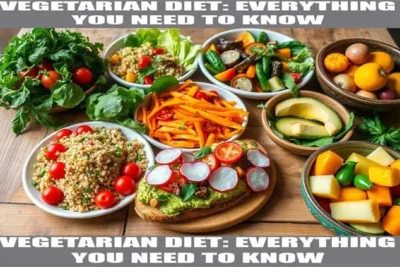

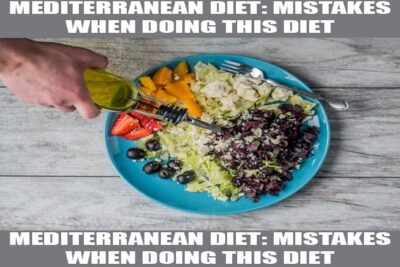






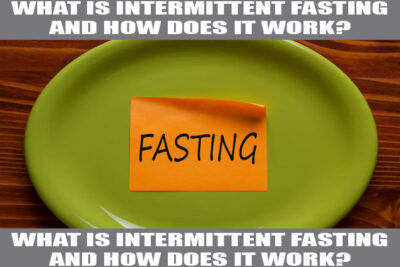
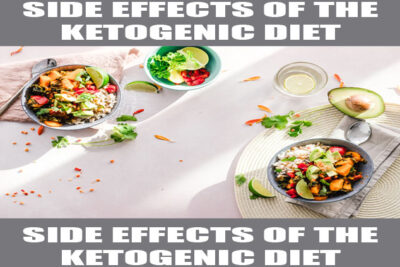
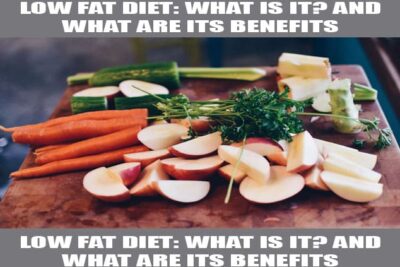
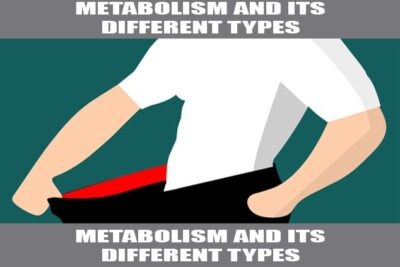



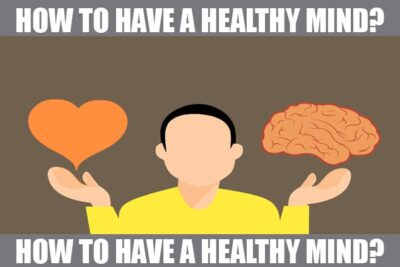
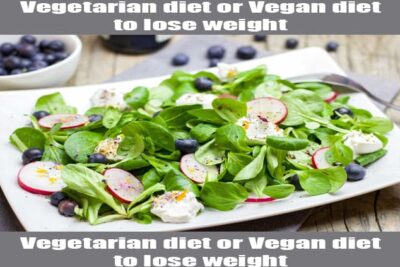
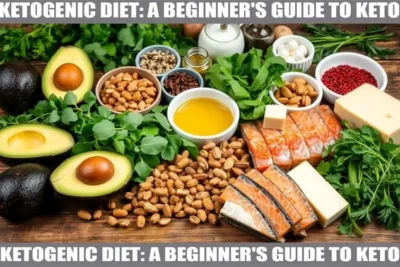
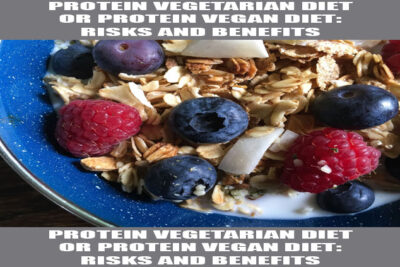
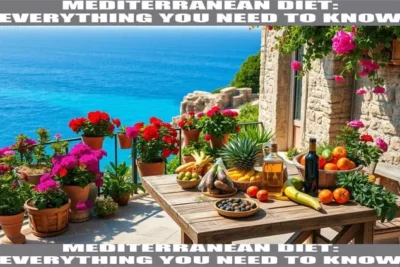
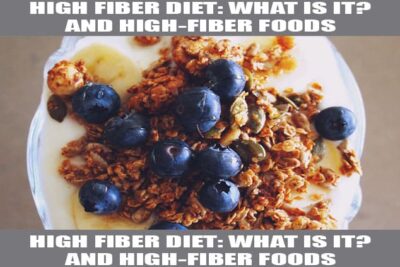
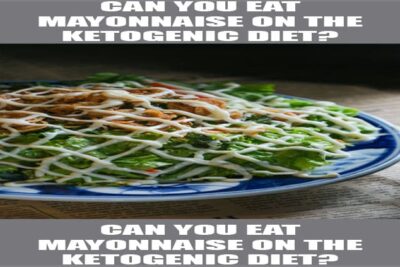

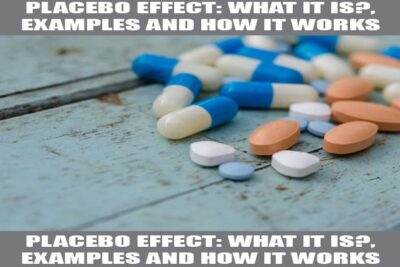

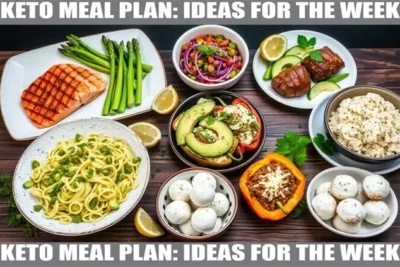

Content that may interest you